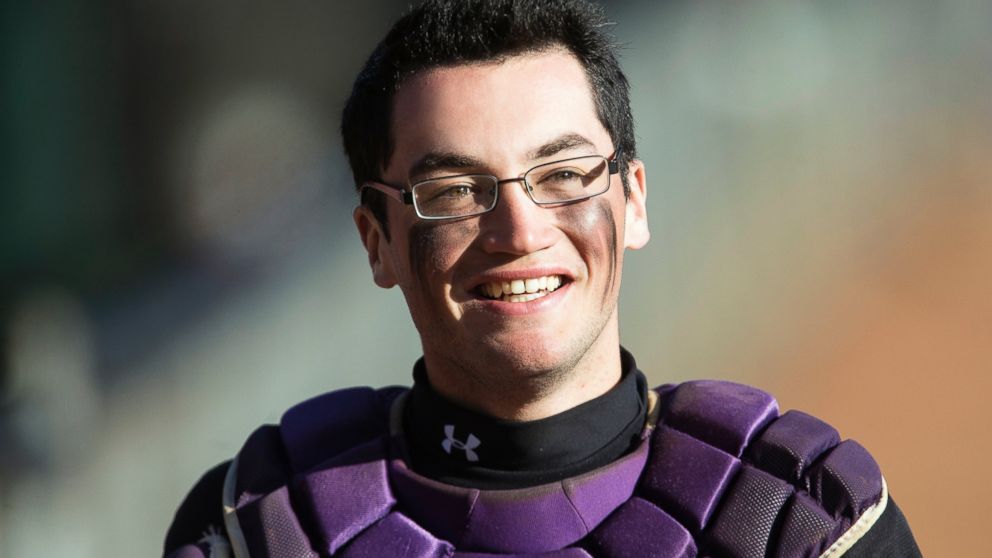College Baseball Player Gets Call to Donate Bone Marrow to Stranger

— -- Jake Kinsley sees himself as an average student who plays baseball for his college.
Three years ago, the now 22-year-old was presented with what he said, was an amazing opportunity to help save a life.
"It started back when I was a freshman," said Kinsley, who attends Furman University in South Carolina. "My assistant coach had a relative who needed a bone marrow transplant, so I signed up."
Kinsley, who registered at 18 years old, told ABC News that he signed up with the national marrow donor program, Be The Match.
He was eventually notified that he was not a match for his coach's family member.
"I didn’t even think about it after a while," he said. "They'd send me mail to remind me that I signed up, but it wasn't really on my mind."
In mid-February, Kinsley received a phone call that he said completely shocked him.
"It came up three years later saying I was a potential match and asked if I was willing to donate to this lady," he said. "I never thought twice about being able to give."
After an additional look into his health background, it was determined that Kinsley was a perfect match for the person in need of a bone marrow transplant.
The donation was set for March 30.
"On average, 1 in 540 U.S. Be The Match Registry members go on to donate to a patient," a Be The Match spokesperson told ABC News. "Most donors typically back to their normal routine in a few days. The donor's marrow naturally replaces itself in four to six weeks."
Kinsley went in for the four-hour procedure on Monday.
Since he's now weakened by the process, doctors told him that he should sit out as catcher for his next few baseball games.
"Last night I missed the game against Clemson and will probably miss another four games," Kinsley said. "Being able to give up some of my senior year of baseball is nothing compared to being about to help someone out."
Due to patient confidentiality, it is unclear who received Kinsley's bone marrow donation.
Be The Match confirmed that if both parties are in the U.S. and consent after one year, then they are able to exchange contact information.
"I guess it's to allow her to heal in privacy," Kinsley said. "But I’m definitely going to try and take advantage of that and see the impact it made when I'm allowed to.
"I'd also like to say that I feel there's a lot of misconception donating for bone marrow and that’s why I think there's so few matches out there. I think people are scared and that it's painful. It's really a non-invasive procedure and I would really encourage people to sign up at Be The Match."



